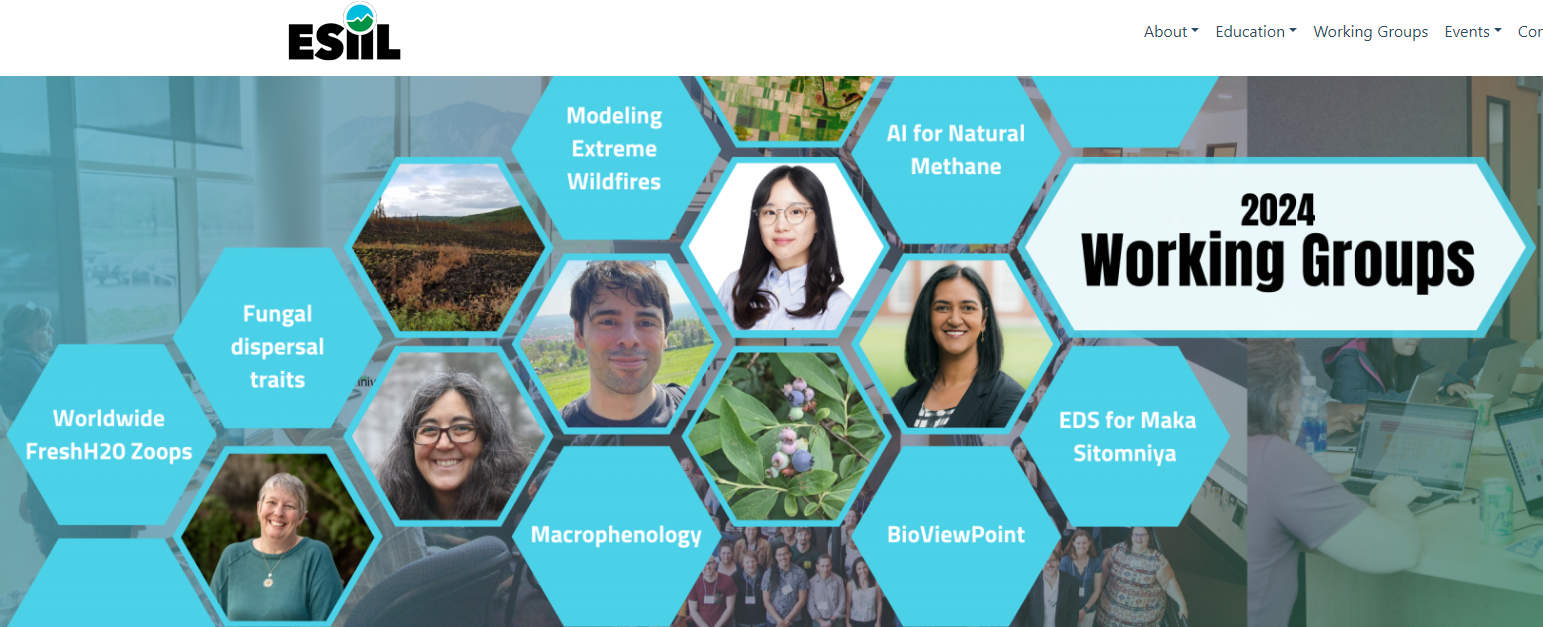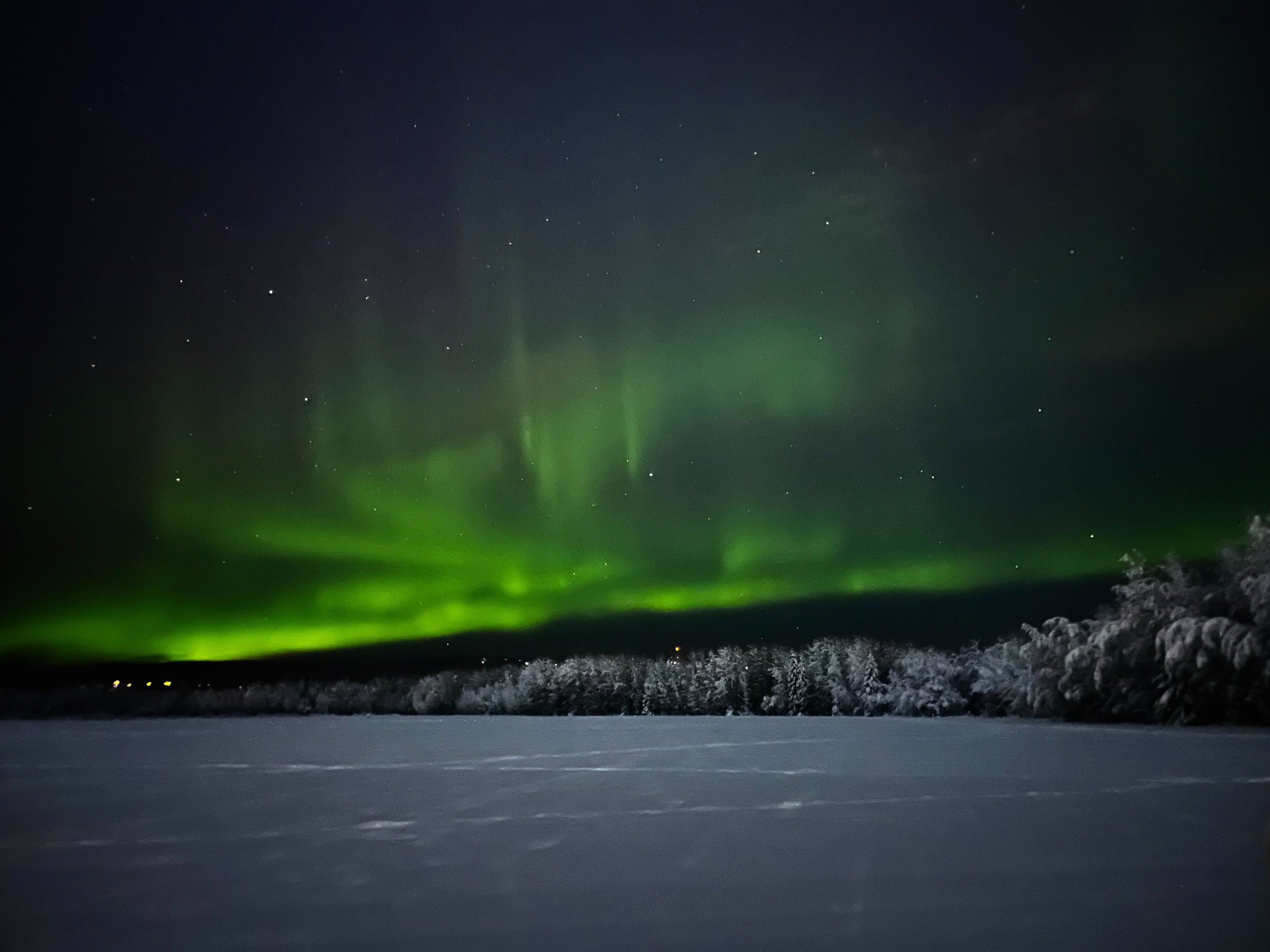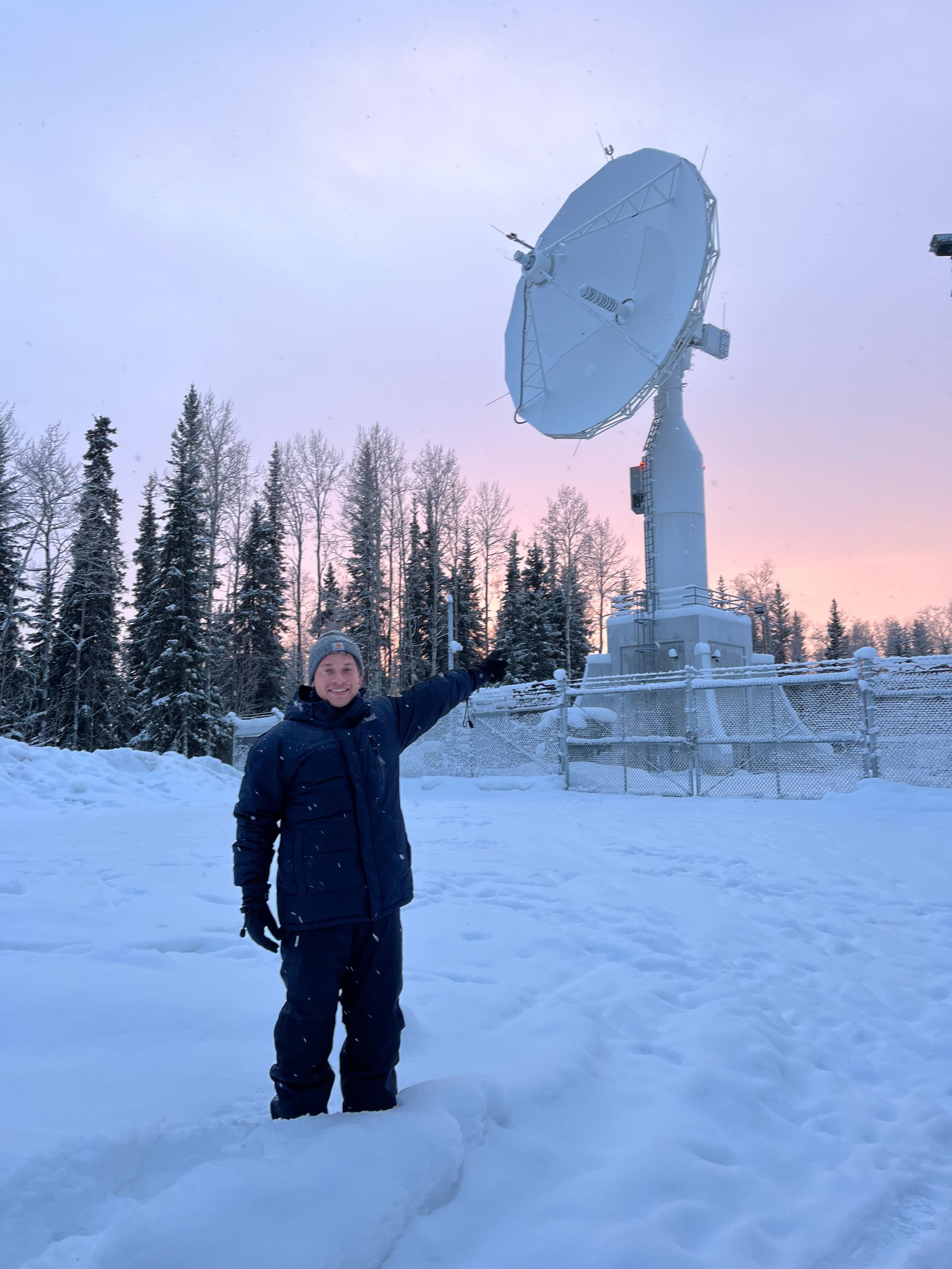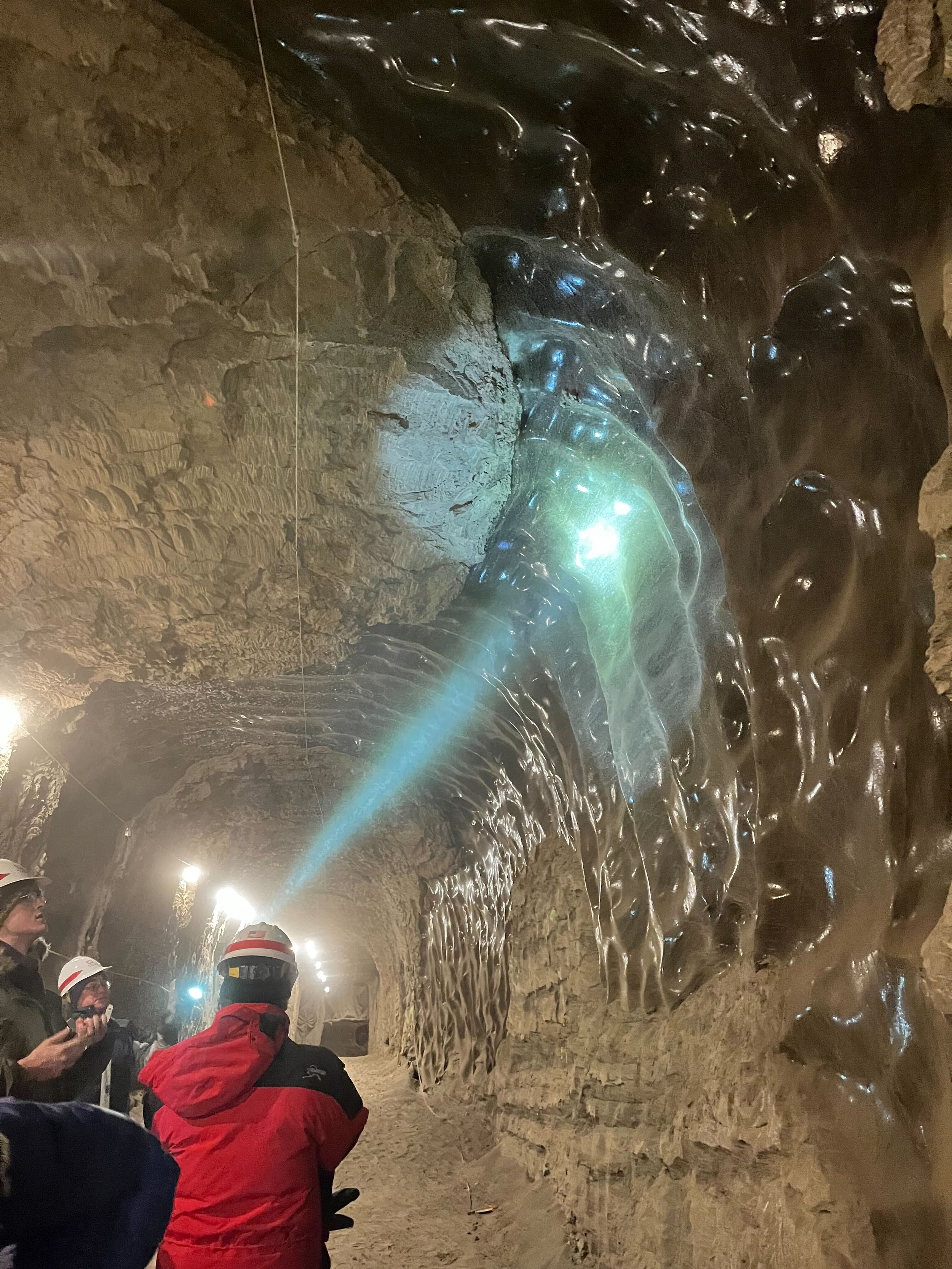Gabriel gave his final presentation on his M.S. research today. “Forecasting Alaskan Boreal Ecosystem Changes: Modeling Permafrost Thaw and Hydrological Trajectories from a Climate-Driven Fire Regime and Forest Shifts. Congrats Master Gabriel!
Colin completed his M.S. degree today!
Congrats to Colin for giving an excellent presentation about his M.S. research in the Elliott State Research Forest. Colin will be presenting his research in June at IUFRO in Sweden, working in our lab in July, and then starting his PhD at Colorado State University in August. Congrats Colin!
Congrats to Colin Mast!
Congrats to Colin Mast for receiving an Honorable Mention for his NSF GRFP application!
New working group funded by ESIIL synthesis center
Interdisciplinary Approaches to Modeling Extreme Wildfire Events
PI: Melissa Lucash (University of Oregon)
Co-PIs: Robert Scheller (North Carolina State University), Branda Nowell (North Carolina State University), Sam Flake (North Carolina State University), James Lamping (University of Oregon)
As a new working group, we will play a pivotal role in promoting the integrative approach to environmental data science championed by ESIIL, pooling knowledge and expertise from various disciplines to tackle environmental issues with a data-driven perspective.
https://esiil.org/working-groups
Gabriel attends the Arctic Climate Change and Community Collaborations Workshop in Fairbanks, AK
Embarking on a transformative journey in Fairbanks, Alaska, I participated in a five-day workshop (Arctic Climate Change and Commuinity Collaborations Workshop) hosted at the International Arctic Research Center (IARC), focusing on arctic climate change and collaborative initiatives. This immersive experience allowed me to dive into the complexities of Arctic research while forging meaningful connections with other participants. We engaged in hands-on fieldwork within a beautiful boreal landscape. From measuring snow and ice to conducting frost tube analyses, the University of Alaska Fairbanks campus provided a dynamic backdrop for our scientific exploration. The International Arctic Research Center served as a hub for cross-disciplinary and cross-cultural interactions. As we connected with graduate students studying the Arctic, native Alaskan elders enriched our understanding of the profound relationship between the various Alaskan communities and its environment. Between the workshop and our time exploring the area, I was offered a unique opportunity to explore the Arctic's natural wonders, even at -25 F at times. Encounters with a moose, witnessing the dance of the northern lights, cross-country skiing in the boreal forests, and experiencing permafrost from an underground tunnel showcased the diverse facets of the Arctic landscape. As the workshop concluded, I left with enriched knowledge, a network of connections, and a profound appreciation for the delicate balance between scientific inquiry and cultural awareness in this amazing land.
https://marine.unh.edu/carpe-nrt/arctic-climate-change-community-collaborations-workshop
Gabriel is headed to Alaska in January (brrrrr)
Gabriel was accepted to the Arctic Climate Change and Community Collaborations Workshop! We’re so proud!
This workshop occurs annually for 5 days in January and immerses the students who will become researchers in the Arctic in winter life and science in Alaska. Students have the unique opportunity to:
Engage with local residents (including Elders, scientists, and educators)
Receive training in communication, education, and approaches to facilitate collaboration between Alaskan communities and researchers
Learn GLOBE protocols for observing the environment
Participate in immersive winter hands-on activities (traditional crafting)
Gain field experience while visiting the CRREL Permafrost Tunnel and Bonanza Creek LTER experimental forest.
Excited to head to AGU next week! https://www.agu.org/fall-meeting
New paper from the TEEL Lab!
New paper calculating tradeoffs among different harvest strategies- Business as usual (BAU), BAU with more area harvested, clear-cutting only, BAU with less harvested area, and only patchcutting/ecological forestry in central Wisconsin..
James passed his oral and written exams!
Congrats James! We are so proud of you, PhD candidate James!
Hana received the Soderwall Research Fellowship Grant
Hana received a $1000 scholarship to present a poster of her research at AGU in Dec. Congrats!















